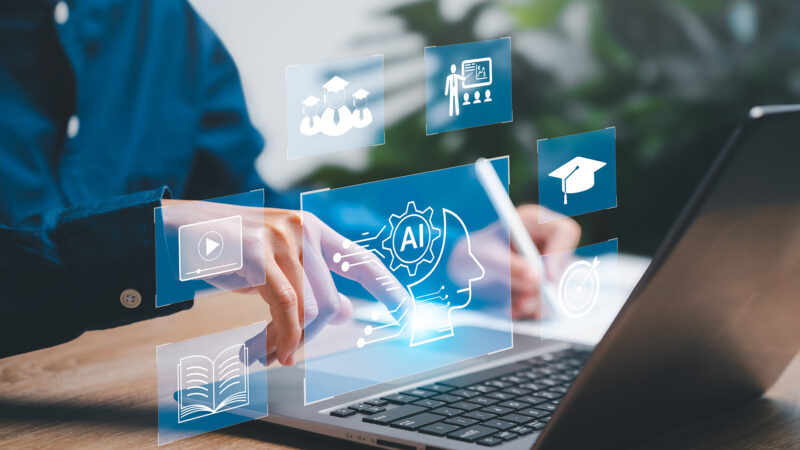Artificial Intelligence (AI) has become an integral part of modern business, promising efficiency, innovation, and new opportunities. From streamlining operations to enhancing customer experiences, AI offers a range of benefits that can propel businesses into the future. However, as with any powerful tool, AI also has potential downsides that must be carefully considered.
While the excitement surrounding AI often focuses on its positive aspects, it’s important to explore the potential negative impacts that AI can have on business operations and strategy. This article examines these risks and offers insights into what businesses should consider before fully embracing AI.
Privacy and Ethical Concerns
AI’s ability to collect and analyze large amounts of data is one of its greatest strengths, but it also raises significant privacy and ethical concerns. As businesses integrate AI into their operations, they must grapple with the challenges of handling sensitive customer data responsibly. Autonomous AI agents, for instance, can make decisions based on data that is personal or private, potentially leading to situations where customer privacy is compromised.
Ethical concerns also arise when AI systems are used to make decisions that affect people’s lives, such as in hiring, lending, or law enforcement. If not carefully monitored, AI can inadvertently perpetuate biases that exist in the data it was trained on.
This can lead to unfair outcomes, such as discriminatory hiring practices or biased loan approvals. Businesses must therefore be vigilant in ensuring that their AI systems are transparent, accountable, and free from bias.

The Risk of Overdependence
AI can automate tasks, analyze data at unprecedented speeds, and even predict trends, but there’s a danger in becoming too reliant on it. Overdependence on AI can lead to a situation where human judgment is sidelined, and decisions are made solely based on algorithmic outputs. This can be particularly risky in scenarios where AI might not fully understand the nuances or context of a situation.
For example, relying on AI-driven hiring tools without human oversight could result in missing out on candidates who don’t fit the standard mold but possess the potential to bring fresh perspectives and creativity.
Moreover, while AI can process vast amounts of data, it can also perpetuate errors if that data is flawed or biased. Businesses that place too much trust in AI may find themselves making decisions based on incomplete or skewed information. This overreliance can stifle creativity and innovation, as employees may become more focused on following AI recommendations than thinking critically and exploring alternative solutions.

Job Displacement and Workforce Impact
One of the most debated negative impacts of AI on business is its potential to displace jobs. AI can automate tasks that were once performed by humans, leading to concerns about job loss and the erosion of certain skill sets. While AI can undoubtedly improve efficiency, it can also result in significant workforce disruption, particularly in industries where routine tasks are easily automated.
However, the impact of AI on jobs is not just about displacement. It also affects the nature of work itself. As AI takes over more tasks, the roles that remain for humans may become increasingly specialized, requiring new skills and expertise.
This shift can create a skills gap, where workers are left behind if they do not have the opportunity to retrain and adapt to new roles. Businesses must consider how they will support their workforce through these changes, whether by providing retraining programs, creating new job opportunities, or fostering a culture of continuous learning.

